Graham Reid | | 3 min read
Every Night When the Sun Goes In
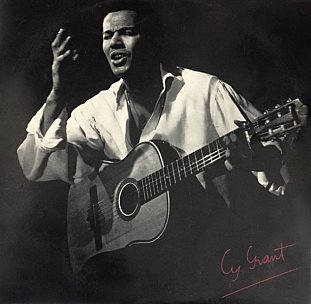
We could start with his war record: he was a flight lieutenant navigator on an RAF Avro Lancaster in 103 Squadron (one of the few black officers in the airforce) but was shot down over Holland in 1943 and imprisoned at Stalag Luft III (made famous in the film The Great Escape and the book The Wooden Horse for the escapes which took place from there).
Or we could consider his earlier life in British Guiana (Guyana) where he had the traditional colonial upbringing and after high school worked in a magistrate's office as a clerk.
Or we could talk about his post-war career when he studied law in London and became a barrister.
Or we could talk about his career on British television in the late Fifties – notably on the current affairs show Tonight where he would give a calypso reading of the news..
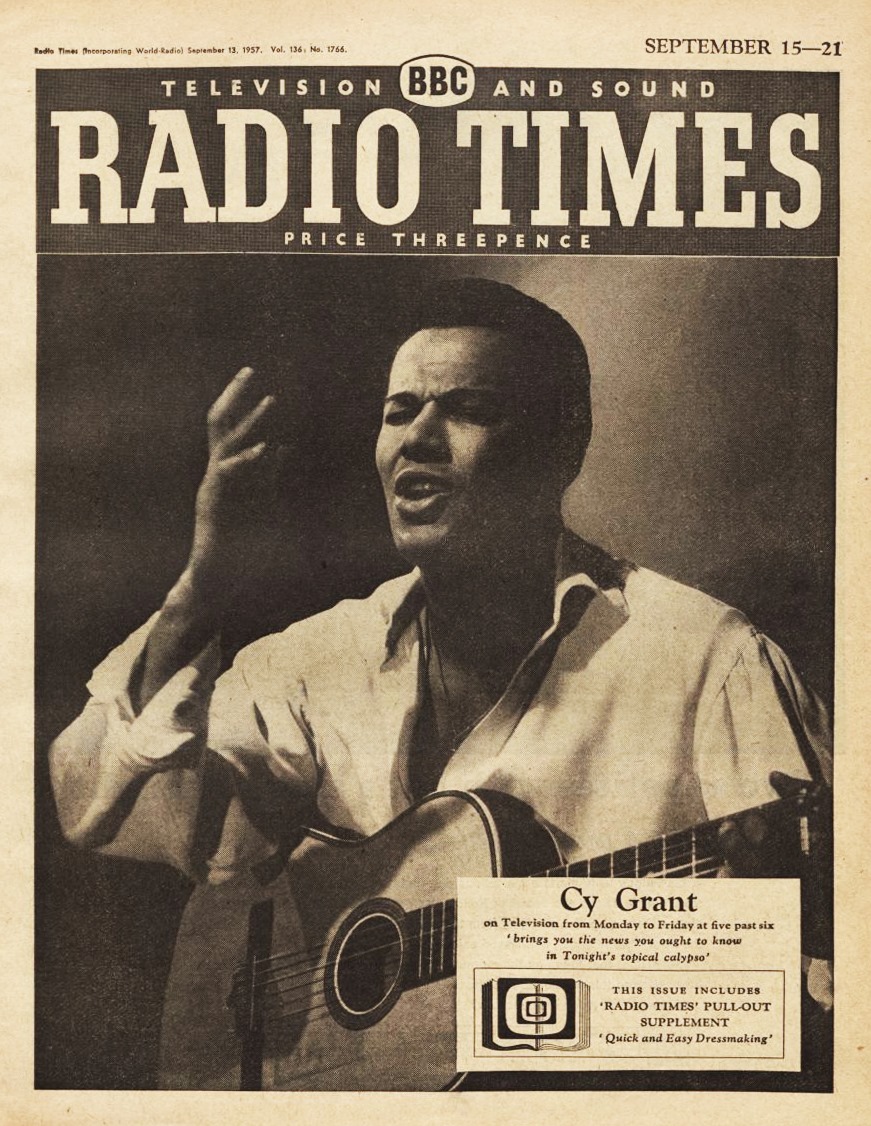 Or his poetry and books which included his 2007 memoir Blackness and the Dreaming Soul published three years before his death at age 90.
Or his poetry and books which included his 2007 memoir Blackness and the Dreaming Soul published three years before his death at age 90.
Cyril Grant lived a full life of service to the British Empire and his community in London where he established an arts centre and was a director of festivals.
But Grant was also an actor and a musician and it is for that reason we need to talk about him.
That was something of an accidental career he took up when, after his legal training, he found it hard to get work and so turned his hand to calypso and became extremely popular: “This was Britain in peacetime and I was no longer useful.”
He also had an acting career which lead to radio work (the BBC archive has almost 100 appearances where he covered everything from music and race to his longtime practice of Taoism) and television appearances, one of the very few black regulars on British TV.
 It wasn't easy though, as he told the Guardian: "We suffered the indignity of seeing white actors blackening themselves and giving themselves bulbous lips to play black parts, reinforcing the caricature of us as black people, a caricature which casting directors, artistic directors and playwrights themselves refused to allow us to escape."
It wasn't easy though, as he told the Guardian: "We suffered the indignity of seeing white actors blackening themselves and giving themselves bulbous lips to play black parts, reinforcing the caricature of us as black people, a caricature which casting directors, artistic directors and playwrights themselves refused to allow us to escape."
Grant was featured at major concert in 1959 at St Pancras Town Hall to mark Africa Freedom Day. It was organised by the Movement for Colonial Freedom (MCF) and he was on the bill alongside Paul Robeson, English folk singer AL Lloyd and many political speakers.
In 1974 he co-founded the Drum Arts Centre, Britain's first black arts venue.
Aside from being familiar on radio, television, in the theatre (he played Otello to great acclaim) and on political panels he was well-known for his five albums, the first of which Cool Folk (1964) is a collector's item today.
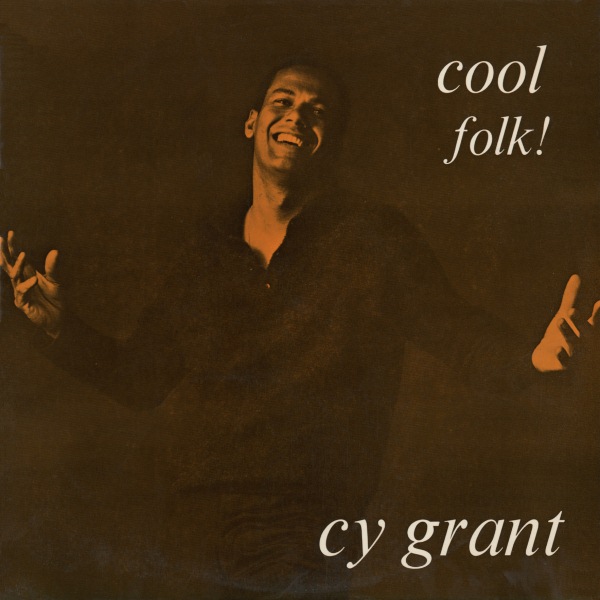 On it he covered some familiar material – Where Have All the Flowers Gone?, Barbara Allen, Yellow Bird, Blowing in the Wind – but also Nobody Knows You When You Are Down and Out, Work Song and Carnival from the film Black Orpheus.
On it he covered some familiar material – Where Have All the Flowers Gone?, Barbara Allen, Yellow Bird, Blowing in the Wind – but also Nobody Knows You When You Are Down and Out, Work Song and Carnival from the film Black Orpheus.
Grant had a soft and warm delivery, if a little too polished by the standards of some folk artists of the day.
But that style -- and his public profile - ensured a wide audience.
Tall (6'2''), handsome, educated and talented across the spectrum of the arts, Grant was a contemporary of Harry Belafonte and provided the role model and voice of Lieutenant Green in Gerry and Sylvia Anderson's Captain Scarlet and the Mysterons in the Sixties, one of the first black characters on children's television.
He also appeared in Metal Mickey, Softly Softly and Blake 7.
And Shaft in Africa.
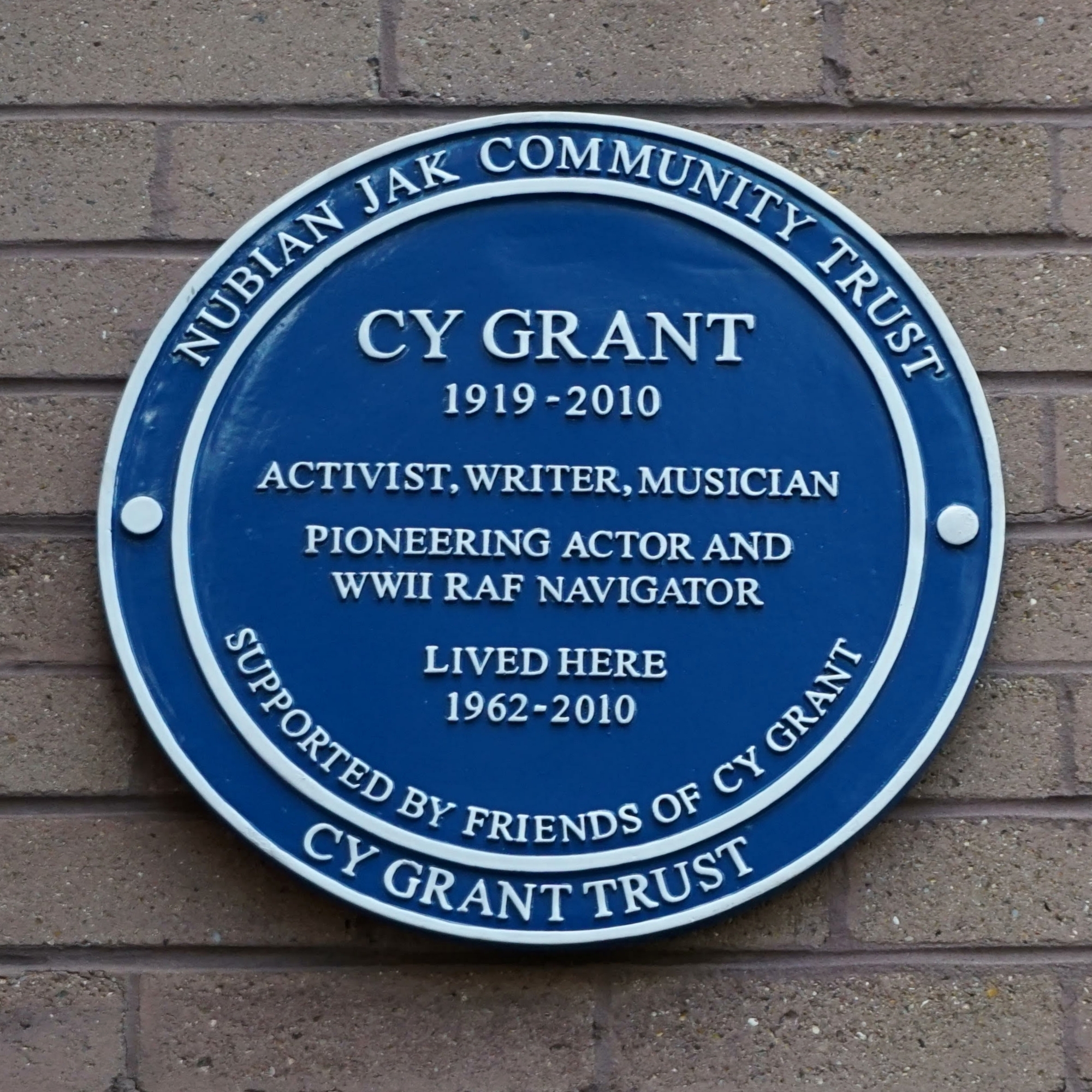 Grant was an artistic polymath with an educated political consciousness which he brought to his stage work and in his writings.
Grant was an artistic polymath with an educated political consciousness which he brought to his stage work and in his writings.
Quite an exceptional figure.
And that's why we need to talk about Cy Grant.
.
There is a much expanded edition of Cy Grant's Cool Folk album at iTunes.
O Pato, The Duck
.
For other articles in the series of strange or interesting characters in music, WE NEED TO TALK ABOUT . . . go here.
.
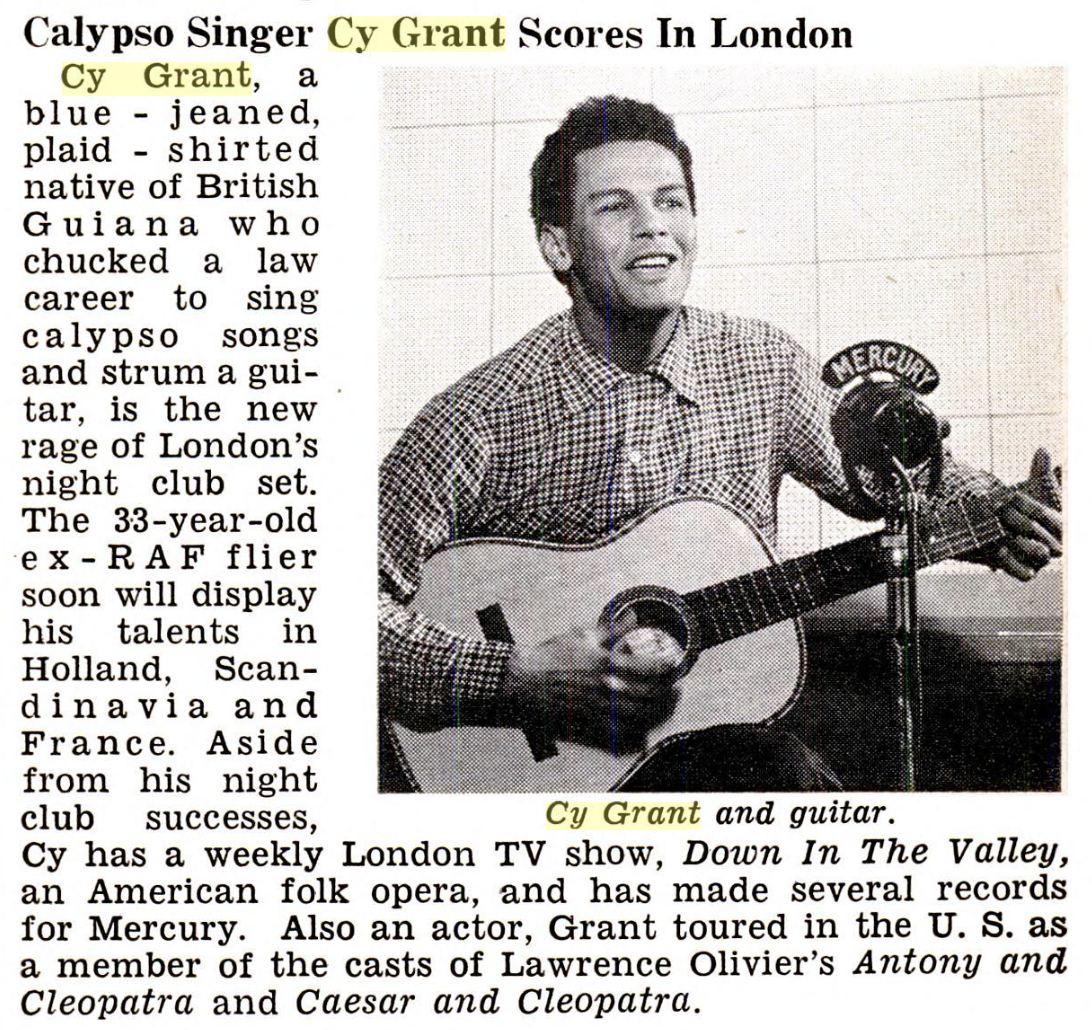
.

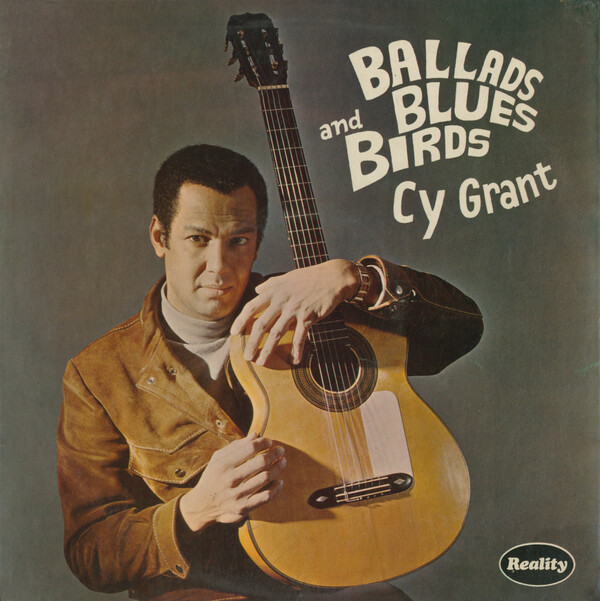

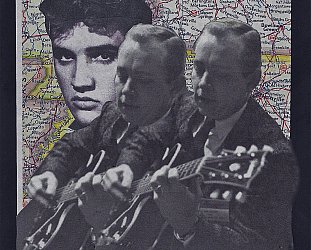
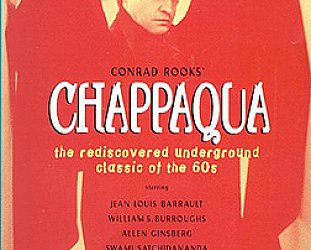
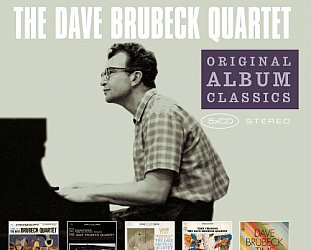

post a comment